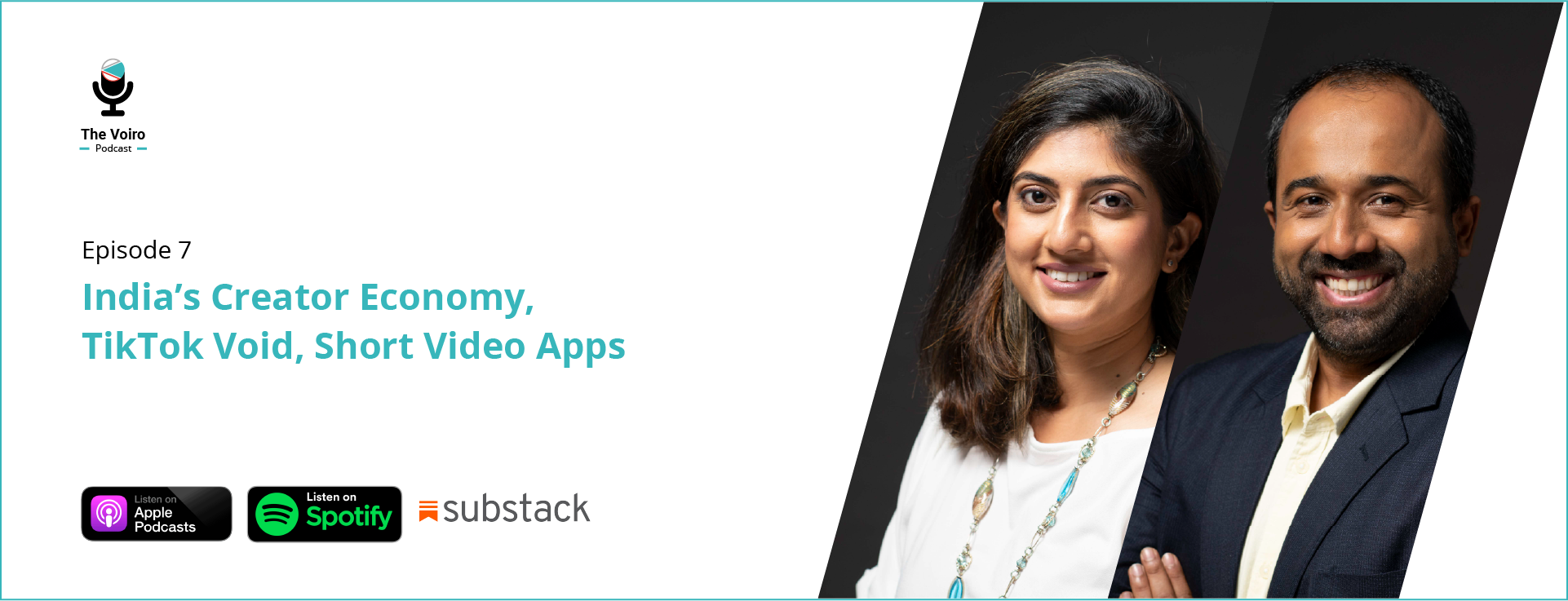Meet us at

on 3rd & 4th October









Also read or listen on these platforms and apps:
📧 Substack newsletter: https://voiro.substack.com/
🎧 Apple Podcasts: https://apple.co/3yg2fqo
🎧 Spotify: https://spoti.fi/3A2H9gg
🎧 Soundcloud: https://bit.ly/tvp-ep7-scloud
🎧 Google Podcast: https://bit.ly/tvp-ep7-gp
India’s creator economy has become a hotspot for VC interest. With ShareChat raising about $300 million from Alphabet Inc’s Google, Times Group and Singapore’s Temasek Holdings, the company is now valued at $5 billion. Today, ShareChat accounts for 23.2% of India’s total internet audience. It’s still nowhere close to where TikTok was at its peak, but it’s catching up. India is witnessing a surge of investments across products, services and apps to help content creators monetise their content. What does this mean for the creator economy in India? Read this article by The CapTable to know more.
Nothing captured the imagination of content creators in India more than TikTok did. This quick-to-create and easy-to-consume content had brands, celebrities, and the common junta subscribing to the app in a heartbeat. TikTok picked up 41.5% of the total share of the internet audience in India, which is approximately 169.8 million users. Cut to June 2020, when TikTok was banned in India, and content creators were left grappling with the choices they had in the Indian market. ShareChat released its short-form video services and occupies a total of 23.2% of the Indian audience. Others like Chingari also tried to woo the audience, but not one app has been able to fill the void left by TikTok. Read this in-depth article by Business Standard to learn more.
The media industry has some way to go before it figures out exactly what the short video content format is and the opportunities it offers. The mathematics of short video apps is so interesting because it’s within arm’s reach, but not entirely. There are professional content creators who put a ton of effort to produce successful content, but there are also everyday creators with low budgets becoming viral overnight. When the pandemic hit in 2020 and the recession was looming, media organizations were hoping that the recession would slow down advertising spending. But, today, with this looming recession, there is an attack on the attention economy because TikTok’s coming for attention and time spent on eyeballs. In this article, Peter Kafka talks about the media and its response to everything that is short videos and TikTok in line with “we don’t know what it is.”
Roku and Walmart have announced a partnership where they are going to move beyond the QR code and enable shoppable TV. By enabling overlays on top of advertisements on Roku TV, the viewer can now directly shop for the product through their remote without having to enter their credit card details, giving the customer the most seamless shopping experience ever. With this partnership, ‘shopping at the click of a button’, gets a new meaning. These are the kind of partnerships that will further shorten the distance between ad spend and commerce. Read about this unique venture in this article to know more.
Peter Kafka talks about the ‘Netflix problem’ on Recode and asks a very pertinent question: “where did the 2 million subscribers that Netflix lost, go?” This is a question that nobody has an answer to at this point. And with the recession looming, a lot of people are consciously cutting down costs. However, that does not mean consumers have to cut down on the ability to watch anything that they want to. At the end of the day, advertising is information, whether it’s a podcast, a streaming platform, or a print ad. Consumers have the ability to spend and advertisers have the ability to arm the consumer with information. However, the relationship between the consumer and the advertiser has to be respected. It remains to be seen if we can make advertising cool again by bringing back good old storytelling and honoring that relationship.
© 2024 Voiro. All rights reserved
